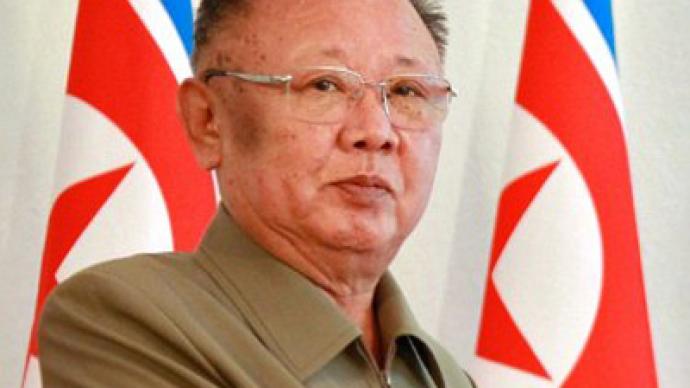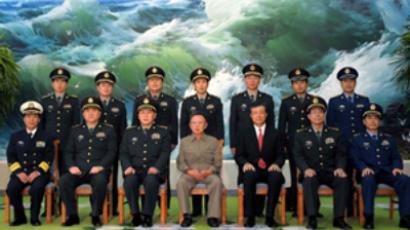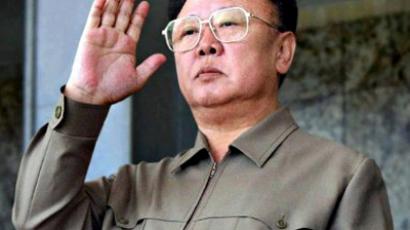Kim Jong-killed? Speculation surrounds Dear Leader's death

A cloud of mystery has shrouded the death of Kim Jong-il, as South Korean intelligence pokes holes in the official version of the Supreme Leader’s passing. The latest news begs the question: is Pyongyang involved in an assassination cover-up?
North Korean state television said Kim died of a heart attack on Saturday while traveling by train to a field inspection outside Pyongyang. However, during a special session of the South Korean National Assembly Intelligence Committee, National Intelligence Service (NIS) head Won Sei-hoon claimed that Kim's famous armored train was parked at Pyongyang’s train station at the time the he reportedly died, the Korean Herald reports.Won said the intelligence was confirmed by US military satellite photos, which purportedly showed that the train was stationary in the capital city at the official time of death. Won also said the NIS had been tracking Kim’s movements up until December 15. However, they lost track of him from the following day until the time of his death, the daily reports. Now, the sudden nature of Kim’s death is fueling suspicion that Pyongyang is hiding something.When Kim Jong-il traveled to Russia this past August, he appeared to be relatively healthy, albeit a bit thin. This, coupled with the fact that it took Pyongyang two days to announce Kim's death, has prompted speculation that he could have been assassinated, the Korea Joongang daily reports. Analysts noted that Kim, like his father, died succumbed suddenly to cardiac arrest due to “fatigue and overwork.” Moreover, both men passed away during periods of strained international relations over the isolated state’s nuclear weapons program. In July 1994, Kim Il-sung died just after agreeing to halt the country’s uranium enrichment program during a period of attempted rapprochement with the West. After his death, talks of freezing North Korea’s nuclear weapons program in exchange for aid would not resume for months. Likewise, Kim Jong-il had recently been in negotiations with Washington as both sides attempt to kick-start the stalled Six Party talks. While it has been widely reported that Kim was willing to suspend Pyongyang’s uranium enrichment program, those hopes have been dashed as the third round of talks, which was set to take place in Beijing Thursday, will now most likely be canceled. However, as heart problems tend to be hereditary and a diplomatic chess game over nuclear weapons is bound to raise anyone’s blood pressure, the fact that both men, who were reportedly diabetics, died suddenly is less of a conspiracy than an inevitably. “Kim Jong-il’s carnivorous eating habits, frequent stress, smoking and drinking habits, as well as having a family history of disease were the contributing factors to his cardiac arrest,” Hong Soon-jun, professor at the Cardio Vascular Center of Korea University Anam Hospital, told the Korea Joongang Daily. Moreover, Hong said their seemingly unexpected deaths should not be surprising, as “acute cardiac infarction accounts for more than 80 percent of sudden deaths.”Meanwhile, South Korean Intelligence Committee Chairman Kwon Young-se told local media the NIS analysis regarding Kim’s death was not final, and in any case it was inappropriate for the government to publicly comment on such matters.














